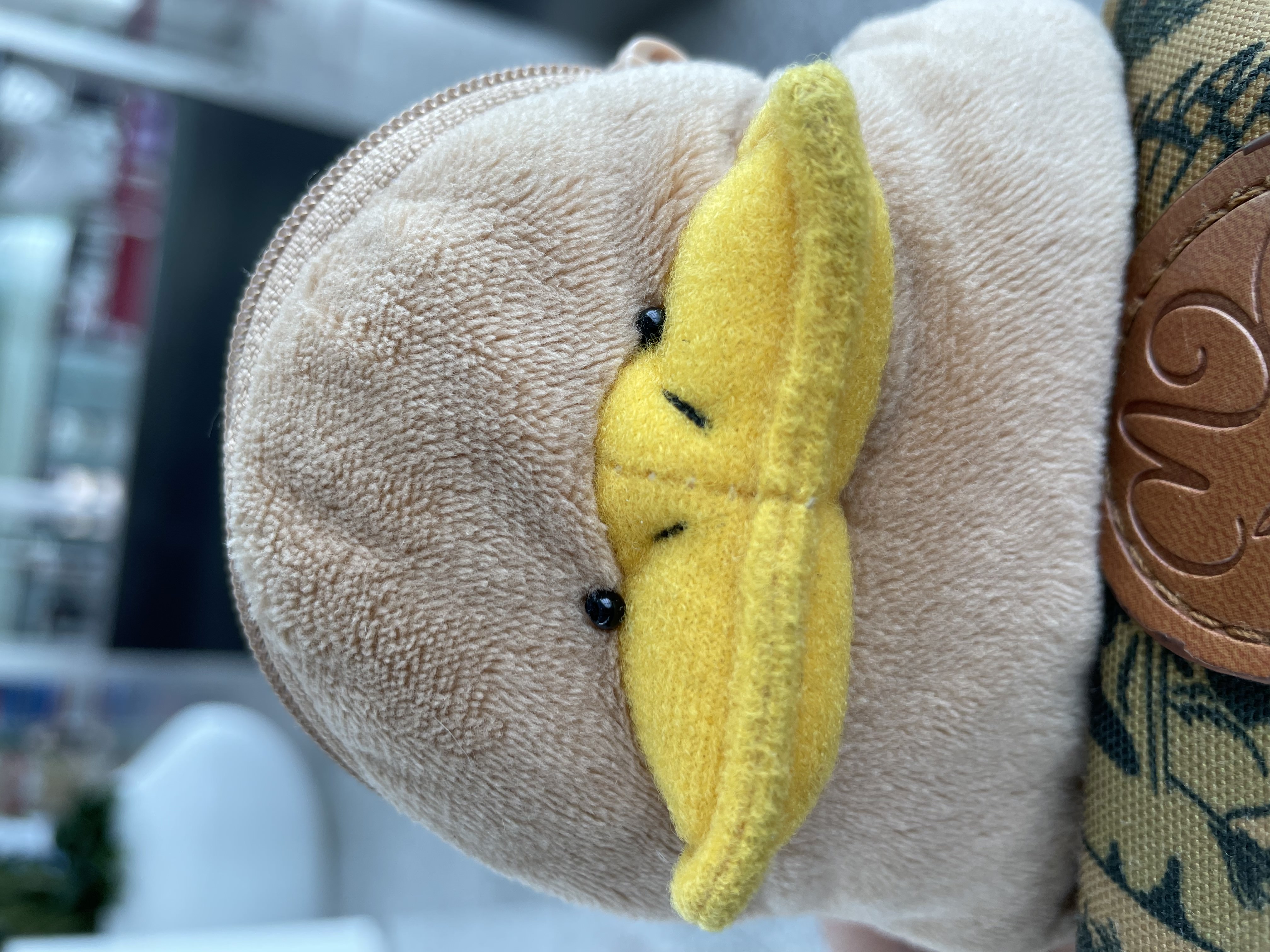Thoughts on dissertation as of March, 2022
my academic journey with geography

Just like most PhD students, I've been having doubts and anxiety over which direction to take for my dissertation topic. Every time I think about it, I have to question myself really hard to figure out what I want to do. It has always been vague for me the term 'want to do', because the motivation behind each and every 'want' could vary greatly. Is it for me, for my family and friends, for the greater good, or just for fun?
In China, the majority of high school students must take the college entrance exam (gaokao) and decide on a major before being admitted to a college (and a specific program). I wanted to study environmental sciences because I read a book talking about how geology and hydrology could save people's lives and reduce damage and casualty in the face of disasters (i.e., through better plan for dam construction or more accurate alert system for seismic activities). The younger version of me was deeply moved by the book and the immense possibilities of contributing to a happier future for people through studying environmental sciences (I could never study medicine because I am afraid of scenes of blood orz). Although my score did not qualify for the program of environmental sciences, I successfully got in the program for resources and environmental sciences at Beijing Normal University. That's how I started my journey with geography. Throughout my undergrad years, never once have I ever regretted making that decision, even when I was 'tortured' both mentally and physically while doing fieldwork that's way beyond my stamina limit (I had always been an indoor person before college and hated climbing mountains) or by the insects that I was so afraid of on the plants whose samples I had to collect from fieldsites. Why? I guess it's because geography is really encompassing and vast and fun. It is love and freedom. It makes me happy. I wouldn't overpraise how much I enjoyed the courses I took offered by our department, but I do recall getting immense joy while acquiring knowledge. I studied the configuration of green spaces of Beijing for my undergrad thesis using Morphological Spatial Pattern Analysis with almost no help from others. It is not because my professors refused to help. On the contrary, every professor I've worked with (including Dr. Pei Wang and Dr. Jidong Wu) was very helpful and kind, and encouraged me to pursue the topic I was most interested in. It's just the topic I chose wasn't exactly in their fields of expertise. Also, I wasn't very good at seeking help from others at that time, which is something I've been trying to overcome (and with some success) over these past few years.
My time at Penn was short but also enjoyable. Classes were all very practical and useful, faculties were fantastic and helpful. I received generous help from Dr. Tomlin and Dr. Daniels when completing my capstone project. I studied the configuration of preserved farmland of Lancaster County, Pennsylvania, from a spatio-temporal perspective using fragstats. If given a chance, I want to go back in time and polish that work. But I also realize that to really understand landscape pattern and configurations is no easy task, and my understanding of them is continuously evolving even until now. Dr. Steif was also helpful as the program advisor. He recommended to me Dr. Daniels' course on planning for land use management, which was my introductory course to planning in general. The class required reading lots of comprehensive plans and sometimes even zoning codes, and attending hearings at the town hall. For someone not familiar with the geography or planning systems of the US, I'd say it's the most difficult course that I took for my master's degree, but it is very useful. Dr. Mason's class on cultural landscape was very enjoyable to me as well. My classmates were all from the program of landscape preservation, and to learn about their perspectives of landscape and to get a sense on the research methods applied from another discipline was fun and eye-opening. Last but not least, Dr. Tony Smith's class on introduction to spatial statistics was very challenging (mathematically intensive) but also very very useful. It built up the foundation of my understanding for spatial patterns and spatial statistics.
Now I am in the third semester of my PhD program at Arizona State University. I've been enjoying the classes, the interactions with faculties and my fellow cohorts. I learn from people around me every single day. My advisors Dr. Frazier and Dr. Kedron always make feel like one of the luckiest PhD students, not good enough for now, but always encouraged and helped and understood. I am confident that I'll continuously making progress in the years to come.
For my dissertation, I hope to study this (for now): a geographic information perspective on connectivity analysis for conservation. Specifically, I want to understand how the measures work, how they reflect and represent different ecological processes, and how they should be used (or how they can contribute to planning against biodiversity loss). In addition to my research at school, I want to engage with NGOs and other practitioners to learn about how things really work. And hopefully I can be good enough to get a position that allows me to continue to do this kind of research after my graduation.
